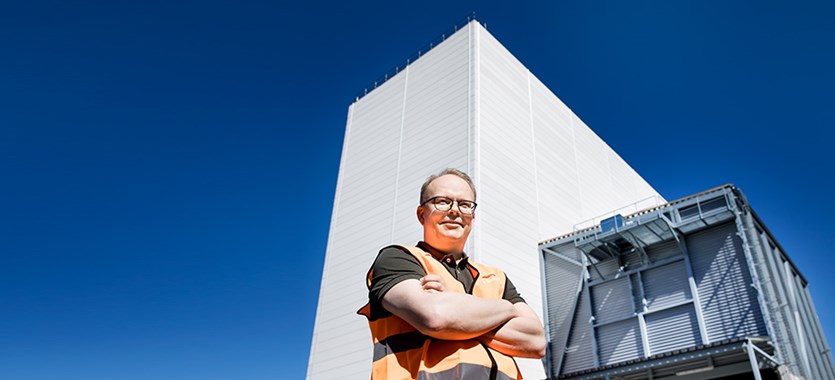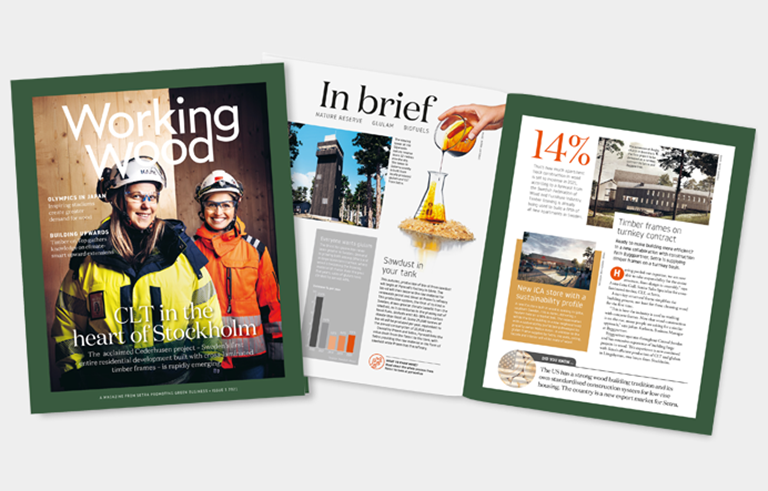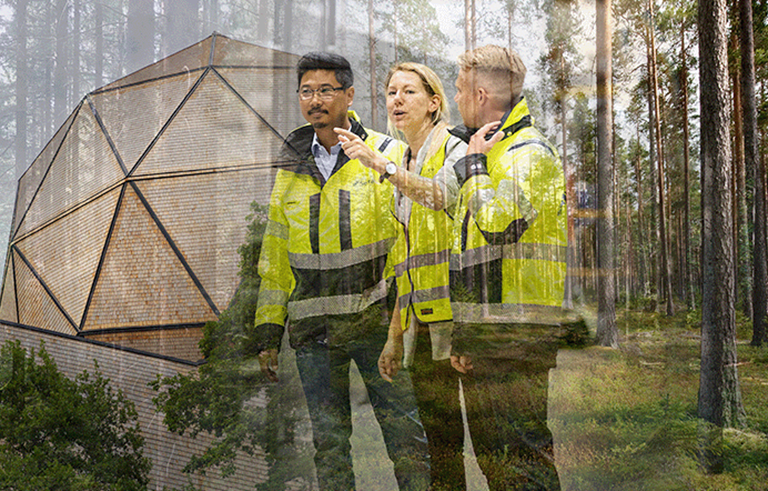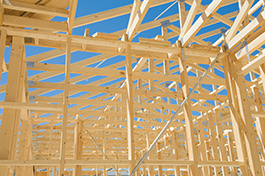“Wood is the building material of the future and we are clear that wood construction will continue to grow despite the coronavirus crisis. We’re now able to offer a stronger product portfolio to customers in the global construction market, and thus also increase our contribution to sustainable building,” states Olle Berg, EVP Market and Business Development at Setra.
The new range comprises planed construction timber in various dimensions, for example for roof trusses and studs, complementing Setra’s selection of sawn construction timber. The timber is sorted mechanically and graded using the strength standards applicable for load-bearing structures in Europe, the USA and Australia. The products will be sold to builders’ merchants, wood product manufacturers and large-scale construction projects.
Flexible production
The construction timber will be produced at Setra’s new planing mill with integrated trim saw in Hasselfors. The new planing mill will begin production in summer 2020. The raw material is spruce sourced within a radius of around 100 km. Logs with the right length specifications are selected out in the forest, while integrating the sawing and planing process cuts out one step in the production. “We’re working hard on getting the lead times down and being flexible with regard to customer needs. The new technology will be a big help in this respect. For example, we have the most modern sorting equipment around, and it’s incredibly efficient,” says Jouko Mäkimattila, Setra’s Product Manager, Planed Wood Products.
Sample deliveries already dispatched
The goal is to manufacture around 200,000 m³ of planed products per year in Hasselfors. The UK will be a key market, so Setra’s distribution warehouses in the ports of King’s Lynn, Rochester and Hull are likely to be well used.
“The biggest volumes will go through King’s Lynn. We have huge potential in the UK and the first sample deliveries of truss timber, TR26, have actually already been received by customers,” explains Jouko.
“Utilizing our already established delivery network throughout the UK has enabled Setra to quickly develop a customer base in the UK and demand for our product is rapidly increasing with new and existing customers”, says Stuart Newman, Managing Director for Setra in the UK.
The next step will be to CE mark the strength-graded timber for sale in Europe. Production is expected to properly get going in the autumn. The first products to leave the planing mill will be timber in classes C24 and C30, which are often used for roof trusses and floor joists in Sweden and the rest of Europe.
As soon as the planing mill is up and running, the process of getting the timber certified for sale in the USA will begin, followed by certification for Australia.






 Timber for load-bearing structures
Timber for load-bearing structures